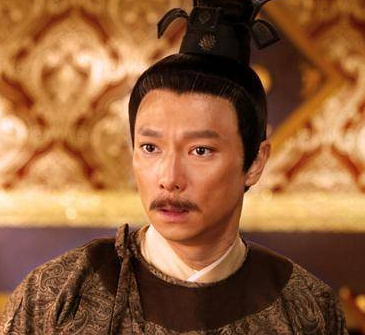In the "Zuo Zhuan: Xuan Gong Fourteen Years", there is a famous ancient saying: "What does the meat-eater have to do with it?" This sentence is usually interpreted as those who enjoy delicious food (referring to the powerful and wealthy) will naturally plan things, and why should others interfere? Here, the understanding of the word "jian" becomes the key. This article will explore the exact meaning of the word "jian" in this sentence, as well as whether it is the original meaning or the extended meaning.

I. The Original Meaning and Extended Meaning of the Word "Jian"
The word "jian" has rich connotations in ancient Chinese, and its original meaning refers to the gap between doors or seams. It is extended to mean intervals, interruptions, etc. In this sentence of "Zuo Zhuan", the word "jian" obviously does not use its original meaning, but adopts its extended meaning, which is the meaning of intervention, participation or insertion. Here, "jian" is a verb, indicating intervention in others' affairs or plans.
II. Contextual Analysis
To more accurately understand the meaning of "jian", we need to put this word back into the context of the original text for investigation. This sentence in "Zuo Zhuan" appears in a dialogue, describing the advice given by Yan Ying, a doctor of the State of Qi, to the king. Yan Ying pointed out that national affairs should be planned by the king and wise ministers, and ordinary people should not interfere. Here, "meat-eater" specifically refers to those high-ranking rulers, and "jian" expresses a politically non-interventionist stance.
III. Historical and Cultural Background
During the Spring and Autumn Period, social hierarchy was strict, and political struggles were fierce. Yan Ying's words reflect the political reality of the time, that only a few powerful and wealthy people were qualified to participate in the decision-making of national affairs. For most ordinary people, they were excluded from political life, so "what does the meat-eater have to do with it" expressed a helplessness and acquiescence to the reality.
IV. Philosophical Reflection
From a deeper philosophical perspective, the sentence "what does the meat-eater have to do with it" also reflects a consideration of power and responsibility. It implies that only those in the center of power should be responsible for their decisions, while ordinary people should focus on their own lives and not get too involved in complex political struggles.
Conclusion:
In summary, the word "jian" in the sentence "what does the meat-eater have to do with it" is used in an extended sense, which conveys a political distinction and the concept of social order. By deeply analyzing the meaning of this word in a specific context, we can not only better understand the wisdom in "Zuo Zhuan", but also have a deeper understanding of the social culture of the Spring and Autumn Period. This ancient saying still has enlightening significance for us today, reminding us to have a clear self-positioning and action boundary when facing complex issues.
Disclaimer: The above content is sourced from the internet and the copyright belongs to the original author. If there is any infringement of your original copyright, please inform us and we will delete the relevant content as soon as possible.





























